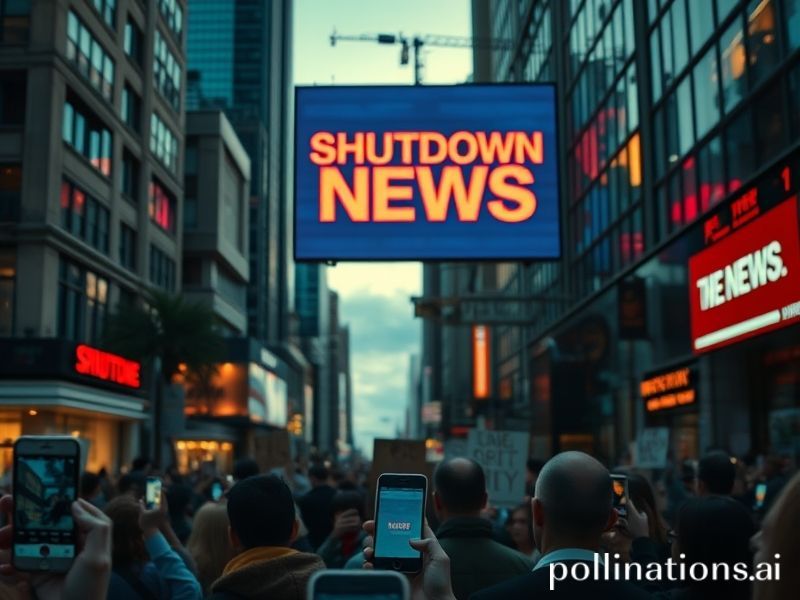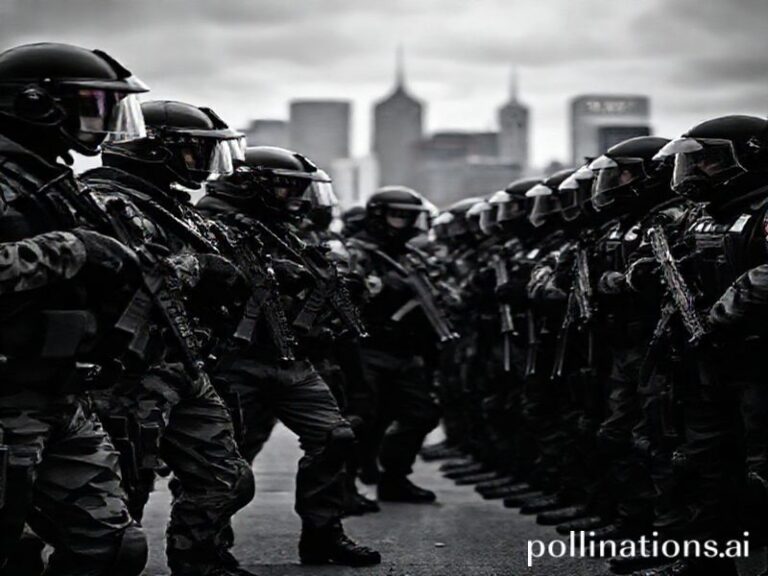Shutdown Showdown: Why the World Can’t Stop Talking About Government Gridlock
**Title: “Shutdown Showdown: Why the World Can’t Stop Talking About Government Gridlock”**
Alright, folks, buckle up! We’re diving headfirst into the chaos that is “shutdown news.” If you’ve been living under a rock (or just trying to escape the political drama), you might have missed the global phenomenon that is government shutdowns dominating headlines. But why is this topic trending worldwide, and what’s the big deal? Let’s break it down, internet-style.
**The Global Buzz**
First things first, shutdown news isn’t just a U.S. thing anymore. While the good ol’ USA has been serving up shutdown drama like it’s going out of style, other countries are joining the party. France, Canada, and even the UK have had their fair share of government gridlock. It’s like everyone’s trying to outdo each other in the “who can mess up the most” contest. Spoiler alert: no one’s winning.
**Cultural Context: The Art of the Shutdown**
Government shutdowns are like the political equivalent of a toddler’s temper tantrum. One side wants ice cream, the other insists on broccoli, and suddenly, no one’s getting any dinner. In the U.S., it’s often about budget battles, with Congress and the President duking it out over spending bills. But the cultural impact goes deeper than just political posturing.
In the U.S., shutdowns have become a symbol of partisan gridlock. It’s a stark reminder that, despite what we might hope, our leaders can’t always play nice. For other countries, watching the U.S. shutdown saga unfold is like a cautionary tale—”Hey, maybe we should figure out our differences before things get messy.”
**Social Impact: More Than Just Headlines**
Shutdowns aren’t just political theater; they have real-world consequences. Federal workers get furloughed, national parks close, and government services grind to a halt. It’s like someone hit the pause button on essential services, and no one knows when play will resume.
But the social impact isn’t just about the immediate fallout. Shutdowns also fuel a sense of disillusionment among the public. People start questioning the effectiveness of their government, and trust in political institutions takes a hit. It’s a vicious cycle: shutdowns breed cynicism, and cynicism makes it harder to find common ground.
**Why It’s Significant**
So, why should you care about shutdown news? Because it’s a microcosm of the broader political and social issues we’re facing globally. It’s a reminder that democracy is messy, and compromise isn’t always easy. But it’s also a call to action—we need to demand better from our leaders and hold them accountable.
Moreover, shutdown news is a hot topic because it’s relatable. Whether you’re in the U.S., France, or anywhere in between, you’ve probably felt the frustration of watching your government stumble. It’s a shared experience that transcends borders, and that’s why it’s trending.
**Conclusion: The Shutdown Saga Continues**
As we wrap up this deep dive into shutdown news, one thing is clear: this isn’t just a fleeting trend. It’s a symptom of deeper political and social issues that need addressing. But hey, at least we can laugh about it, right? After all, if we can’t laugh at the chaos, we’ll cry.
So, keep an eye on the headlines, stay informed, and remember—no matter how bad things get, there’s always a meme to make it better. Stay tuned, folks, because the shutdown saga is far from over.







